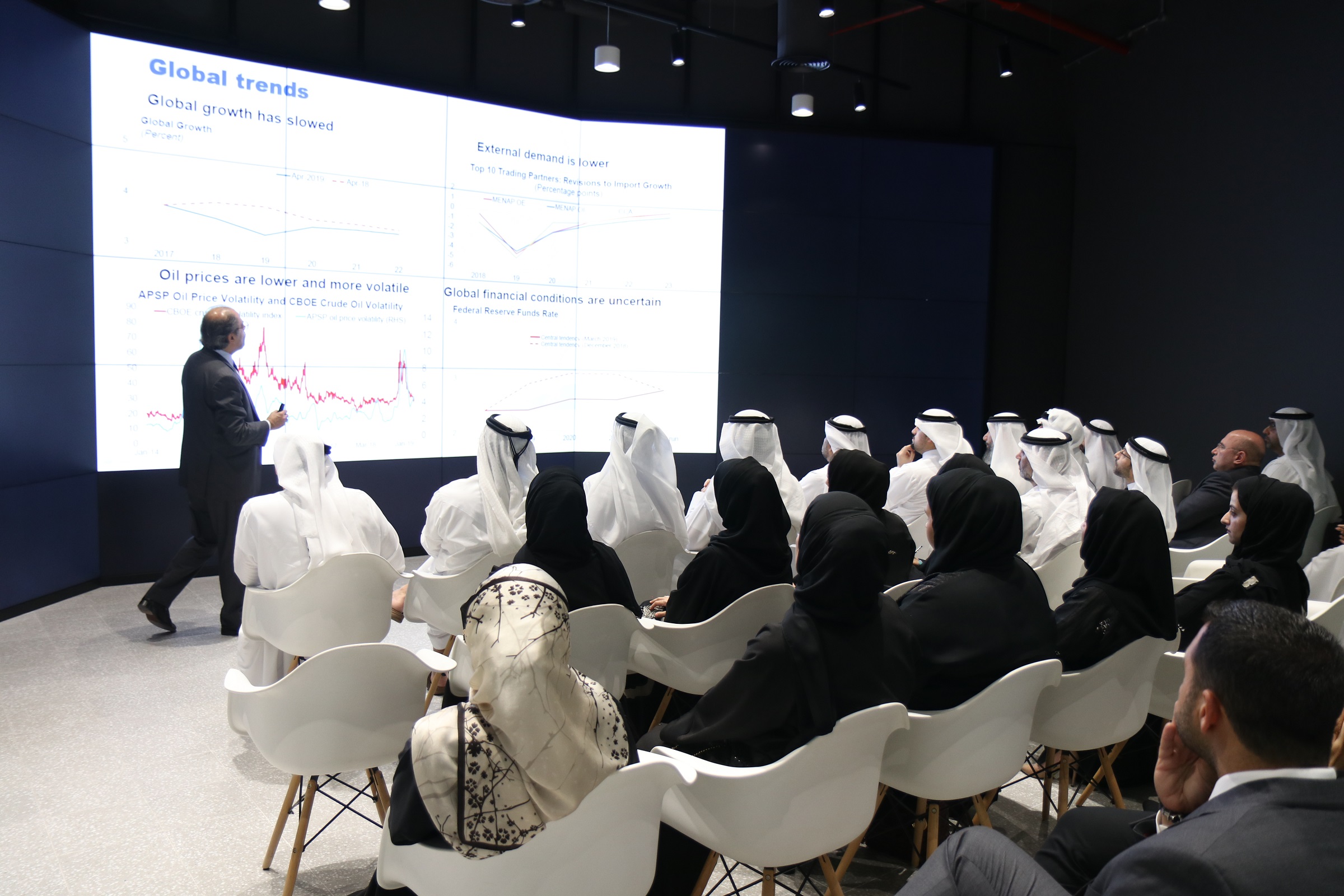The UAE Government Leaders Programme, UAE GLP, has organised two discussion session titled ‘The Leadership Spirit’ and ‘The Economic Horizons’ as part of the 'Government Leadership Talks' series. The sessions highlighted the key qualifications and distinctive attributes of leadership and ways of analysing indicators and drawing up strategies to enhance the ability of government entities to adapt to future challenges. The talks series aim to establish effective leadership practices by highlighting successful case studies and exposing its participants to experiences of prominent UAE government leaders and international speakers. Dr. Yasir Al Naqbi, Assistant Director-General for Leadership and Government Capabilities at the Prime Minister's Office at the Ministry of Cabinet Affairs and the Future, noted that the UAE is keen to build government leaders through knowledge-sharing initiatives, and enhance communication among potential leaders, government entities, and international organisations. "The series introduces national talent to the most important future trends, and equips them with relevant tools and skills to develop effective solutions," he added. The Economic Horizons session aimed to empower members of the UAE Government Leaders Programme to forecast future scenarios and formulate flexible strategies to deal with potential challenges and opportunities. During the session, Dr. Jihad Azour, Director of the Middle East and Central Asia Department of the International Monetary Fund, discussed the economic developments and trends in the MENA region, presenting a holistic overview of the region’s economic landscape. He highlighted the best mechanisms to study future developments triggered by regional and global geopolitical changes. He also underscored the importance of ensuring that public and private sector leaders are able to analyse indicators and estimate their consequences to achieve positive outcomes. Furthermore, Dr. Azour predicted a rise in growth levels among countries of the GCC region in 2019. He attributed this to the region-wide economic plans and ambitious strategic visions that prioritise diversifying national economies, preserving resources, and motivating young leaders to participate in sustainable development efforts to build a brighter future for the coming generations. During The Leadership Spirit session, Humaid Rashid Al Shamsi, Secretary-General of the Executive Council of Umm Al Qaiwain, reviewed the most important attributes that characterise leaders in the 21st century. He said that a good leader believes in the ability to achieve what others might consider impossible, listens to diverse points of view, has an in-depth understanding of the experience, specialisations, and skills of the team members, and excels at promoting innovative ideas. He also said that qualifying government leaders, expanding their expertise and honing their capabilities through sharing successful experiences in the public and private sectors helps enhance government work and transform challenges into opportunities to support socio-economic and human development for the wider benefit of the community.
News
Government Leadership Talks' highlights mechanisms to enhance institutional resilience
